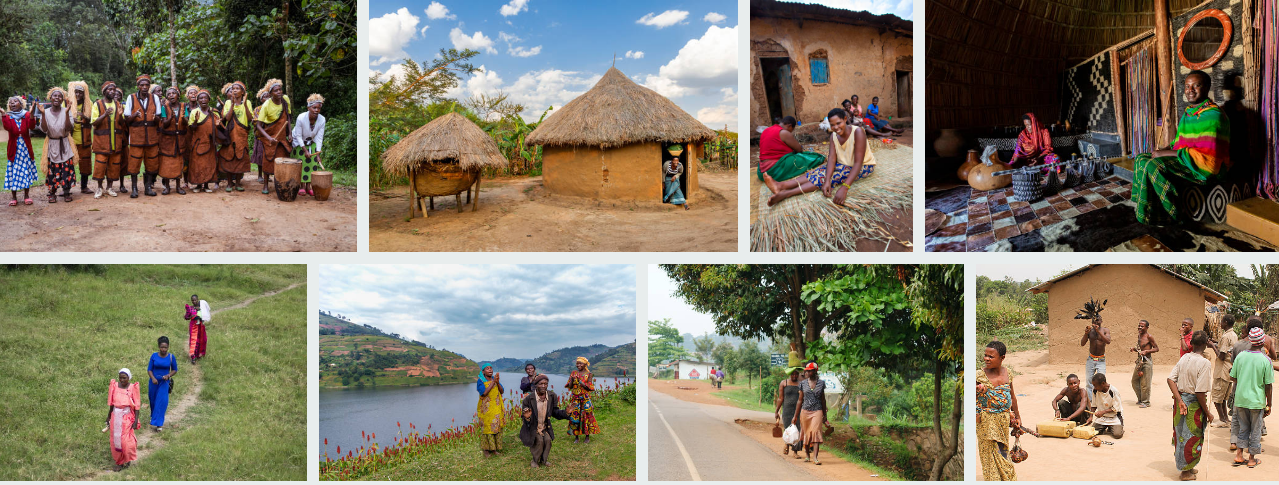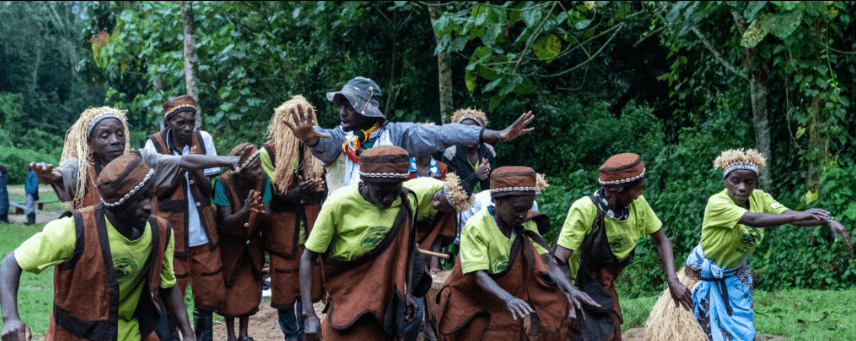Uganda Cultural Tours – Tribes & Traditions: A Journey of Discovery and Inspiration
Uganda, often referred to as the “Pearl of Africa,” is a land of breathtaking landscapes, diverse wildlife, and, most importantly, a rich tapestry of cultures and traditions. Uganda Cultural Tours offer an immersive experience into the heart of this nation, where ancient customs, vibrant dances, and fascinating tribal histories come alive. These tours are not just about sightseeing—they are a journey into the soul of Uganda, a chance to connect with its people, and an opportunity to be inspired by the resilience and beauty of its traditions.
Why Uganda Cultural Tours Are a Must-Experience
When you embark on Uganda Cultural Tours, you step into a world where every tribe tells a unique story. With over 56 indigenous tribes, Uganda is a melting pot of traditions, languages, and customs. From the majestic Baganda with their royal heritage to the nomadic Karamojong and the artistic Batwa pygmies, each community offers something extraordinary.
These tours are more than just a vacation—they are a lesson in humanity. They teach us about unity in diversity, the importance of preserving heritage, and the power of storytelling. As you interact with local communities, you’ll realize that culture is not just about the past; it’s a living, breathing force that shapes identities and futures.
The Heartbeat of Uganda: Its Tribes and Traditions
1. The Baganda: Keepers of the Kingdom
The Baganda, Uganda’s largest ethnic group, are known for their rich history centered around the Buganda Kingdom. A visit to the Kasubi Tombs, a UNESCO World Heritage Site, reveals the grandeur of their traditions. Here, you’ll learn about the Kabaka (king), the significance of clans, and the enduring power of oral history.
Uganda Cultural Tours often include performances of the Kiganda dance, where drummers and dancers move in perfect harmony, telling stories of love, war, and celebration. This is a reminder that culture thrives when it is shared.
2. The Batwa: Guardians of the Forest
The Batwa pygmies, once forest dwellers, offer a humbling experience. Despite displacement from their ancestral lands, they preserve their heritage through music, dance, and storytelling. A Uganda Cultural Tour to the Batwa community is a lesson in resilience—how a people can hold onto their identity even in the face of adversity.
3. The Karamojong: Warriors and Cattle Keepers
In northeastern Uganda, the Karamojong live a semi-nomadic lifestyle, deeply connected to their cattle. Their vibrant attire, intricate beadwork, and traditional dances reflect a culture built on strength and community. Visiting a manyatta (homestead) allows you to witness their way of life, where cattle are wealth, and elders are revered.
4. The Acholi: Music, Dance, and Storytelling
The Acholi people of northern Uganda are known for their expressive dances and bwola (royal dance). Their traditions emphasize communal harmony and healing, especially after years of conflict. A Uganda Cultural Tour here is a testament to the power of art and music in rebuilding societies.
The Transformational Power of Cultural Tourism

Uganda Cultural Tours do more than entertain—they transform. Here’s how:
1. They Broaden Perspectives
Meeting people from different walks of life challenges stereotypes and fosters understanding. When you sit with an elder listening to folklore or join a traditional cooking session, you realize that despite differences, human emotions and aspirations are universal.
2. They Empower Communities
Cultural tourism provides sustainable income for local communities. By purchasing handmade crafts or participating in homestays, you contribute directly to preserving traditions and improving livelihoods.
3. They Inspire Appreciation for Heritage
In a rapidly globalizing world, many traditions risk fading away. Uganda Cultural Tours help keep these customs alive by creating awareness and pride among younger generations and visitors alike.
How to Make the Most of Your Uganda Cultural Tour
To truly embrace the experience:
Engage with locals—Ask questions, listen to stories, and participate in rituals.
Respect customs—Dress modestly where required, ask permission before taking photos, and follow cultural protocols.
Support local artisans—Buy authentic crafts as souvenirs; each piece carries a story.
Reflect on the experience—Let the journey change you. Carry the lessons of resilience, unity, and heritage back home.
Conclusion: A Call to Explore and Be Inspired
Uganda Cultural Tours – Tribes & Traditions are not just trips; they are life-changing encounters. They remind us that the world is vast, cultures are precious, and human connections are invaluable. Whether you’re dancing with the Baganda, learning survival skills from the Batwa, or sharing a meal with the Karamojong, you’ll leave Uganda with more than memories—you’ll carry a piece of its soul.
So, pack your curiosity and embark on this journey. Let Uganda’s tribes and traditions inspire you to appreciate your own heritage, embrace diversity, and live with a deeper sense of purpose. The Pearl of Africa is waiting to share its treasures with you—will you answer the call?
Uganda Cultural Tours are more than an adventure; they are a celebration of humanity. Don’t just visit Uganda—experience it, learn from it, and let it move you.

